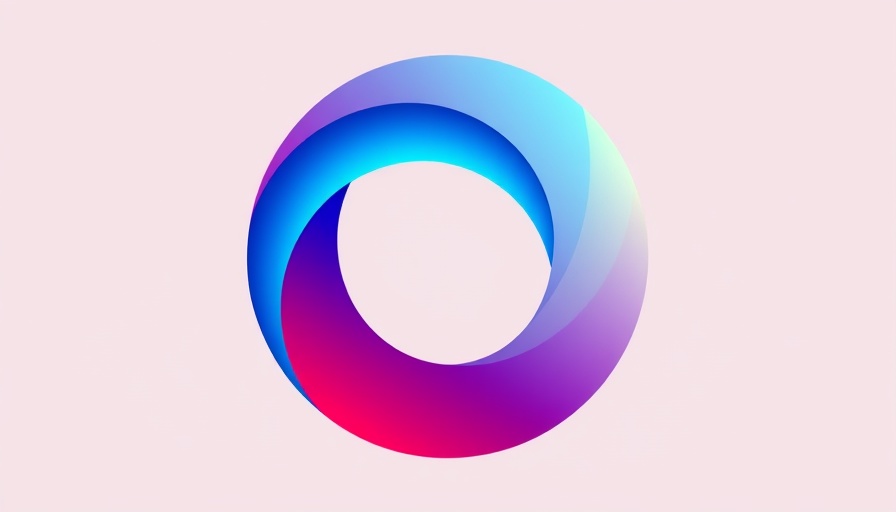
Unlocking New Possibilities with Microsoft Copilot
Microsoft has unveiled a transformative integration for its Copilot AI that allows users to seamlessly connect to Google services, most notably Gmail. This new feature not only enhances Copilot’s functionality but sets a new standard for cross-platform AI assistants. By enabling users to search their Gmail, Google Drive, Calendar, and more alongside Microsoft services like Outlook and OneDrive, Copilot aims to streamline workflows and increase productivity.
What to Expect from the New Features
With the updated Copilot app, users can utilize a natural language search function that enables them to retrieve information across multiple accounts. Imagine asking Copilot, "Find all invoices from Acme in my inbox," and receiving a concise summary instantly. The potential to access and export information to various formats—such as Word, Excel, PowerPoint, or PDF—is a game-changer for professionals who frequently cross the Microsoft and Google ecosystem.
Bridge Between Microsoft and Google Services
The integration liberates users from the hassle of app-hopping. It allows them to pull in details from Gmail while continuing to leverage their Microsoft applications. For example, a user can now directly retrieve a contact’s email address from Gmail without needing to switch between different platforms. This functionality is especially beneficial for those who juggle between the Google Workspace and Microsoft Office, providing a hybrid solution designed for adaptability.
Privacy Considerations: A Pivotal Factor
Despite these advancements, the integration also raises pertinent privacy and data handling questions. Microsoft assures users that this feature is optional and requires explicit consent to connect services. Understanding the implications of data privacy is essential, especially as we increasingly depend on AI tools to manage our personal and professional lives. Users are encouraged to review Microsoft's privacy controls before linking third-party accounts.
Future Trends and Predictions in AI Integration
The arrival of Gmail connectivity in Copilot represents just the latest iceberg tip in a broader trend where AI technologies are converging to create unified user experiences across different interfaces. As businesses routinely adapt to hybrid working models, tools that can easily straddle these diverse technological ecosystems will be invaluable. Looking ahead, we can anticipate more advancements like these, as various platforms seek to enhance interconnectivity.
How This Affects Everyday Users
For everyday users, the Copilot and Gmail integration could result in significant time savings and an overall improved user experience. The ability to search multiple platforms from a single input simplifies tasks and empowers productivity in a way that was once considered futuristic. Moreover, incorporating these advanced AI tools into daily tasks can lead not only to functional improvements but also enhance creativity by allowing users to organize their thoughts more fluidly.
Conclusion: The Promise of Enhanced Productivity
The evolution of Microsoft's Copilot shows promising advancements for artificial intelligence in productivity applications. The integration with Gmail is a step forward in creating an assistant that can function across platforms, ultimately designed to enhance your workflow. Whether you are a student, a professional, or a business owner, understanding and utilizing Copilot can significantly improve how you manage your tasks. Alongside the potential risks regarding privacy, the future looks bright for intelligent assistants, paving the way for innovations that cater to our increasingly interconnected world.
 Add Row
Add Row  Add
Add 




Write A Comment